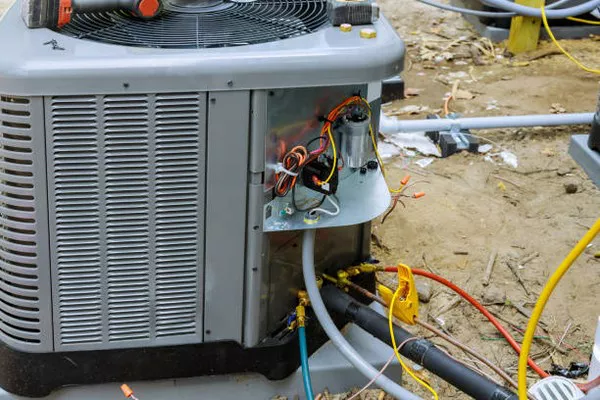In an age where uninterrupted power supply is crucial, whole house generators have emerged as indispensable assets. These devices serve as a lifeline during power outages, ensuring that essential appliances and systems keep running smoothly. However, the traditional clatter and hum of generators can be an unwelcome disturbance. This has led to the pursuit of the quietest whole house generator, an innovation that marries reliability with minimal noise. In this article, we delve into the technologies behind these whisper-quiet powerhouses and explore some of the leading contenders in the market.
The Significance of Silence
A significant drawback of conventional generators has been their noise output. Traditional models are notorious for their roaring engines that disrupt the peace of any environment. This drawback is particularly pronounced in residential settings, where generators are expected to provide a seamless power supply without causing disturbances to daily life. The emergence of quiet whole house generators has alleviated this issue by incorporating advanced noise reduction technologies.
Technologies Driving Silence
1. Inverter Technology:
Inverter generators have revolutionized the realm of portable power by producing cleaner, more consistent electricity. This technology utilizes microprocessors to convert the raw power produced by the generator into a stable current, akin to the electricity provided by utility companies. In doing so, it minimizes power fluctuations and reduces noise levels significantly.
2. Sound-Proof Enclosures:
Manufacturers have started integrating sound-proof enclosures into the design of whole house generators. These enclosures are crafted from specialized materials that absorb and dampen the noise produced by the generator’s internal components. By containing the noise within the enclosure, these generators operate at a hushed volume, making them suitable for residential use.
3. Variable Engine Speeds:
Modern generators are equipped with engines that can adjust their speed based on the power load. When the load is lower, the engine runs at a lower speed, resulting in reduced noise. This smart technology ensures that the generator is efficient both in terms of power production and noise control.
Leading Contenders in Quietest Whole House Generators
1. Honda EU7000iS:
Known for their innovation in the power equipment industry, Honda offers the EU7000iS, an inverter generator that excels in producing quiet power. With a noise level of around 52-60 decibels (dB), this generator operates at conversational levels. The integration of inverter technology contributes to its smooth power delivery and minimal noise output.
2. Generac Guardian Series:
Generac is a well-established name in the generator market, and their Guardian Series includes models designed for quiet operation. These generators come with advanced sound-proof enclosures, ensuring that the noise produced is contained within the unit. With noise levels ranging from 52 to 66 dB, these generators strike a balance between performance and quietness.
3. Champion Power Equipment 100294:
Champion’s 100294 model features a dual-fuel system and an innovative design aimed at reducing noise. Operating at approximately 59 dB, this generator employs a sound-dampening enclosure, making it suitable for residential neighborhoods. The dual-fuel capability adds versatility by allowing the generator to run on either propane or gasoline.
Factors to Consider
When selecting the quietest whole house generator for your needs, several factors warrant consideration:
Power Output: Ensure that the generator’s power output matches your household’s requirements. It’s essential to choose a generator that can comfortably handle the load without compromising performance.
Fuel Efficiency: Quiet generators often incorporate technologies that enhance fuel efficiency. This not only reduces operational costs but also contributes to a quieter and smoother running engine.
Noise Levels: Pay attention to the noise levels specified by the manufacturer. Decibels (dB) are the standard unit for measuring sound intensity. Opt for a generator with noise levels that align with your tolerance and the regulations in your area.
Features: Consider additional features such as remote monitoring, automatic transfer switches, and fuel source options. These features can enhance convenience and usability.
Conclusion
The evolution of whole house generators has taken a significant leap with the development of whisper-quiet technologies. These innovations address the longstanding issue of noise pollution associated with traditional generators, making them a more viable solution for residential and urban environments. Technologies like inverter systems, sound-proof enclosures, and variable engine speeds have collectively contributed to generators that operate at conversational noise levels without compromising on power delivery.
As the demand for uninterrupted power supply continues to grow, manufacturers are likely to invest more in refining the quiet operation of generators. Consumers can now enjoy peace of mind during power outages without the disruption of noisy machinery. As the market continues to evolve, the quietest whole house generators are poised to redefine our expectations of backup power solutions, blending power and silence seamlessly.

